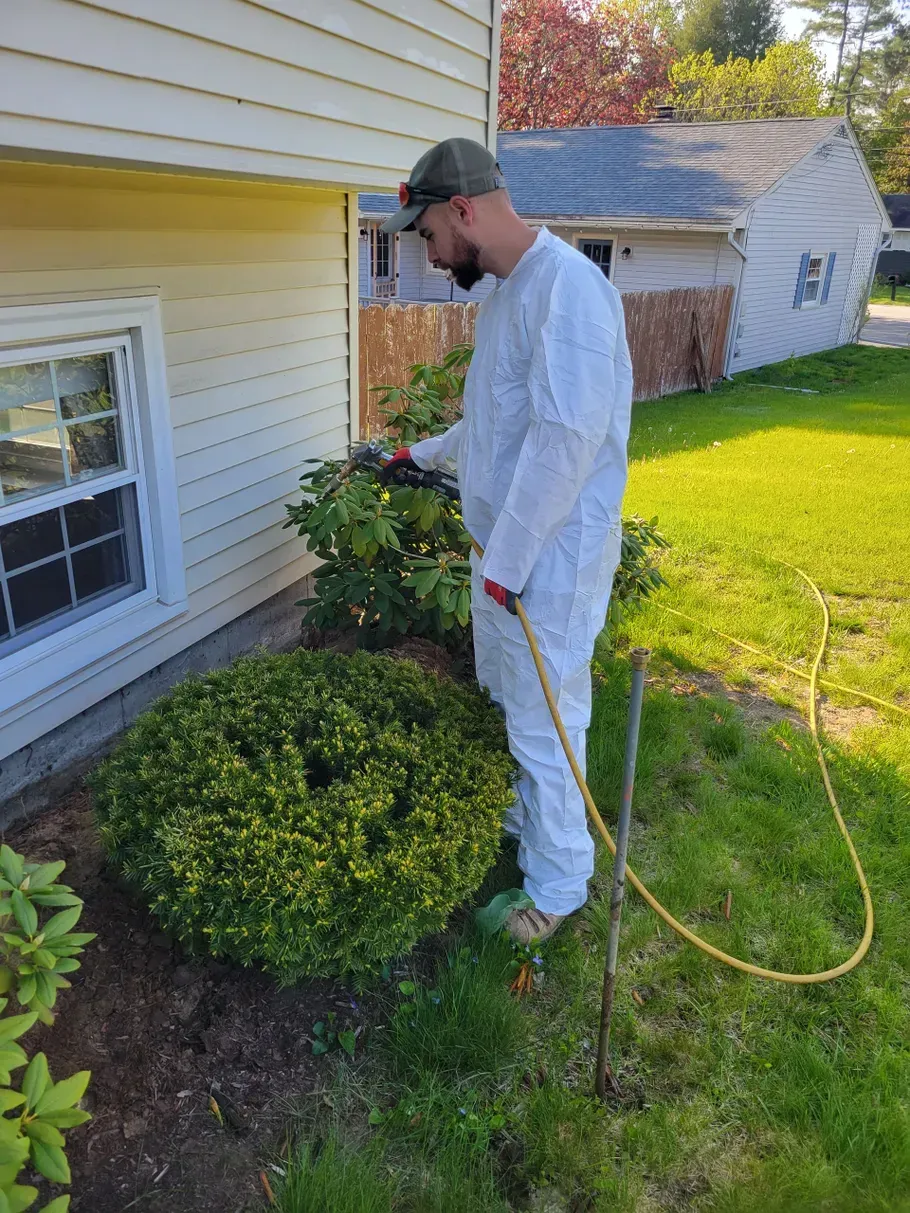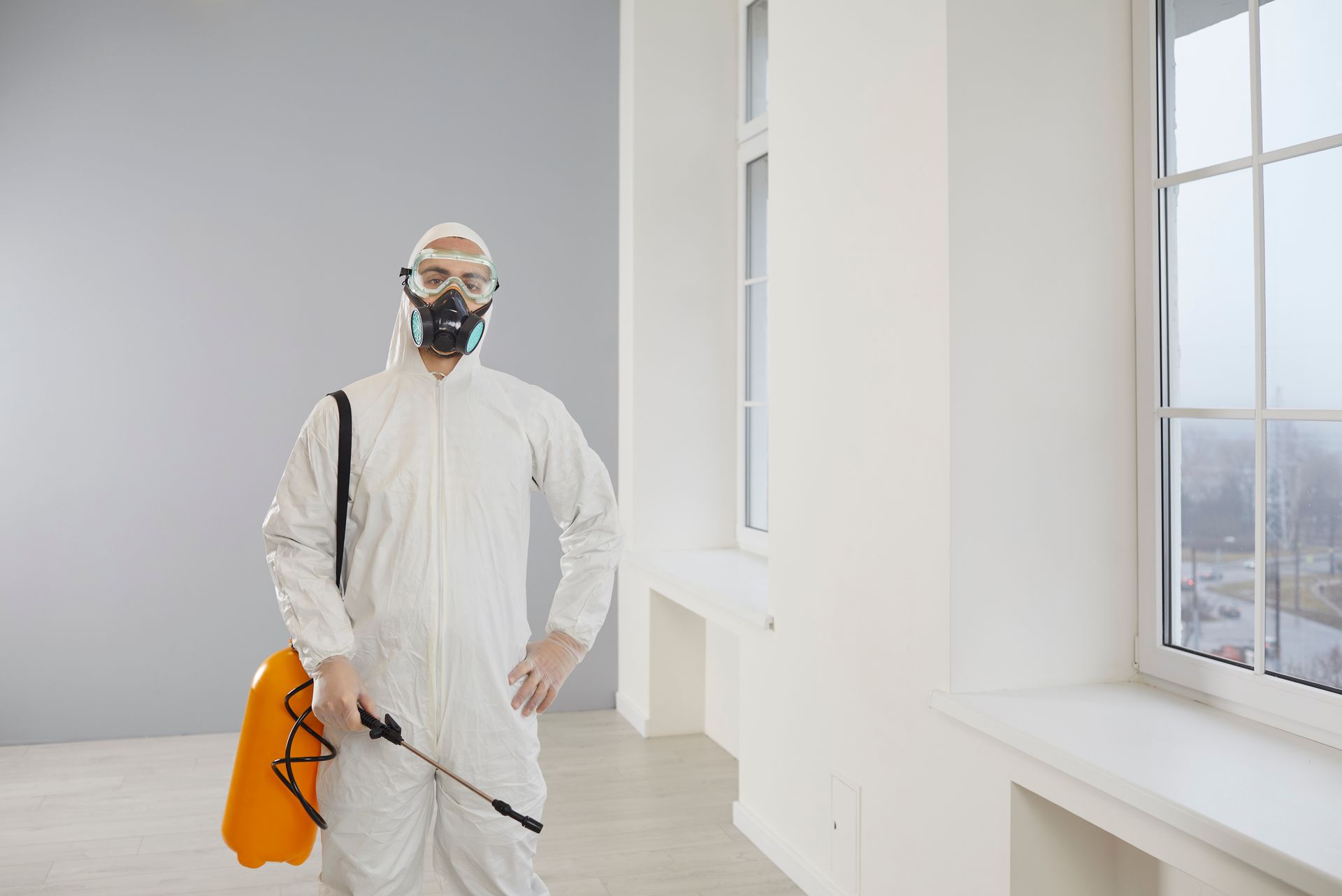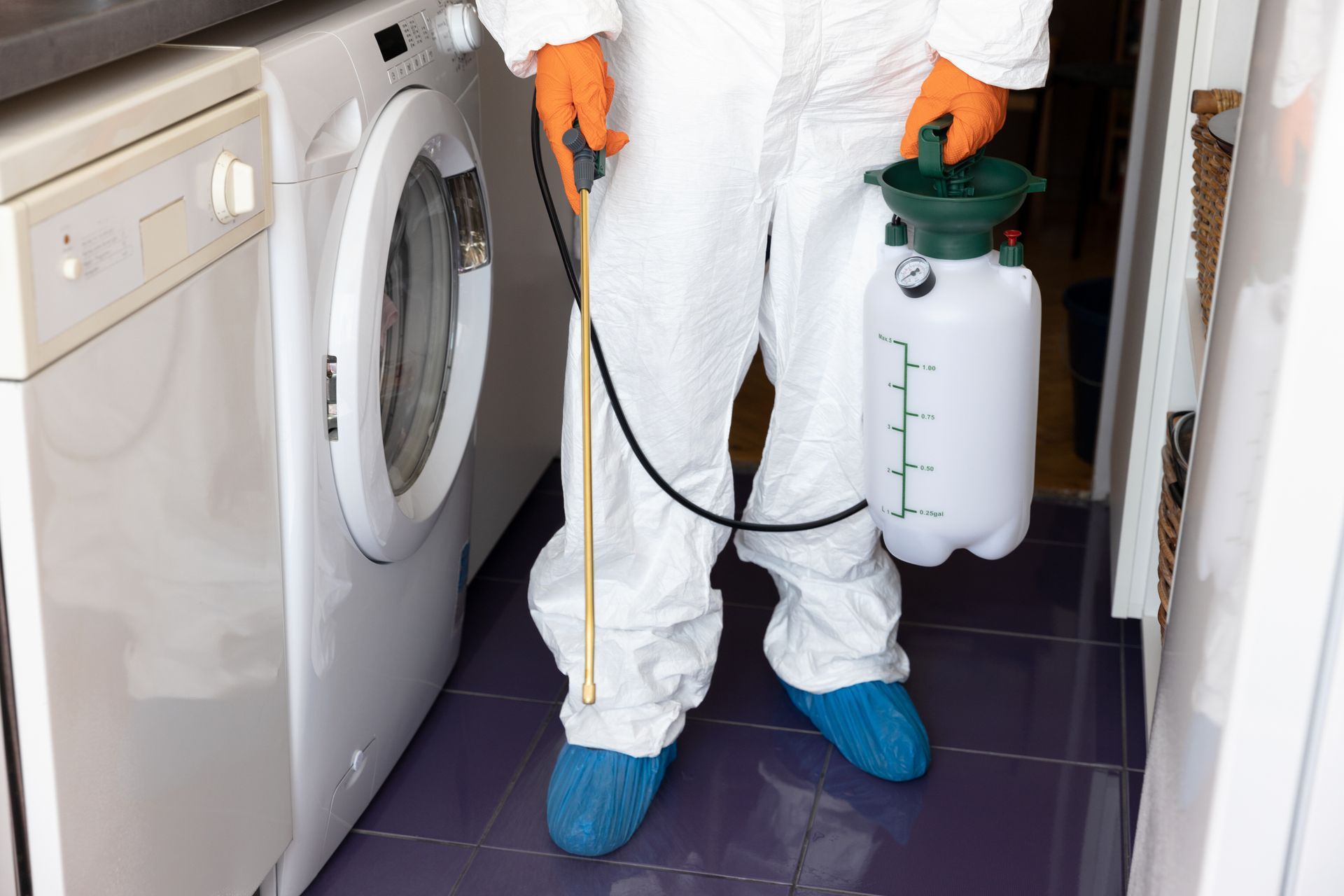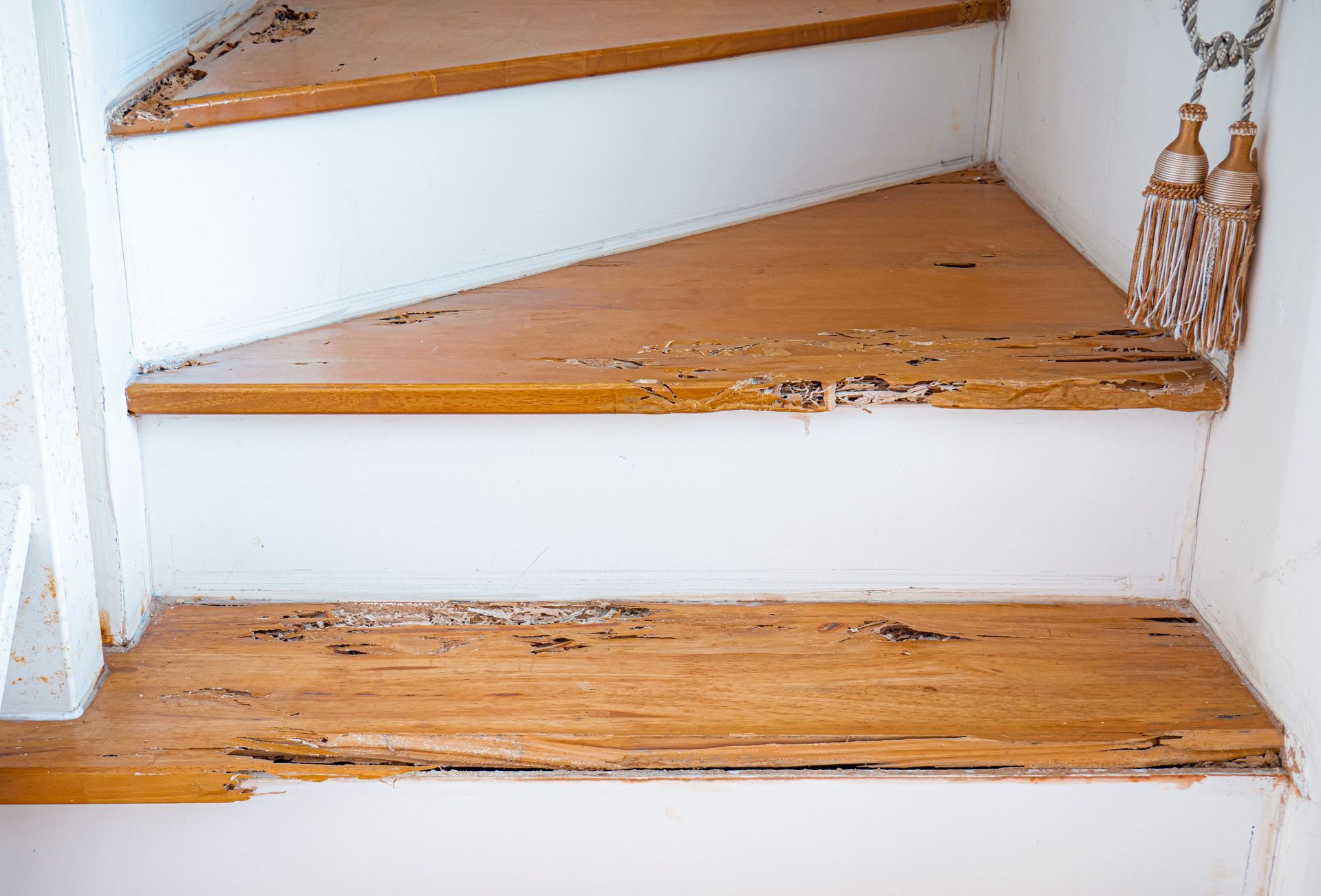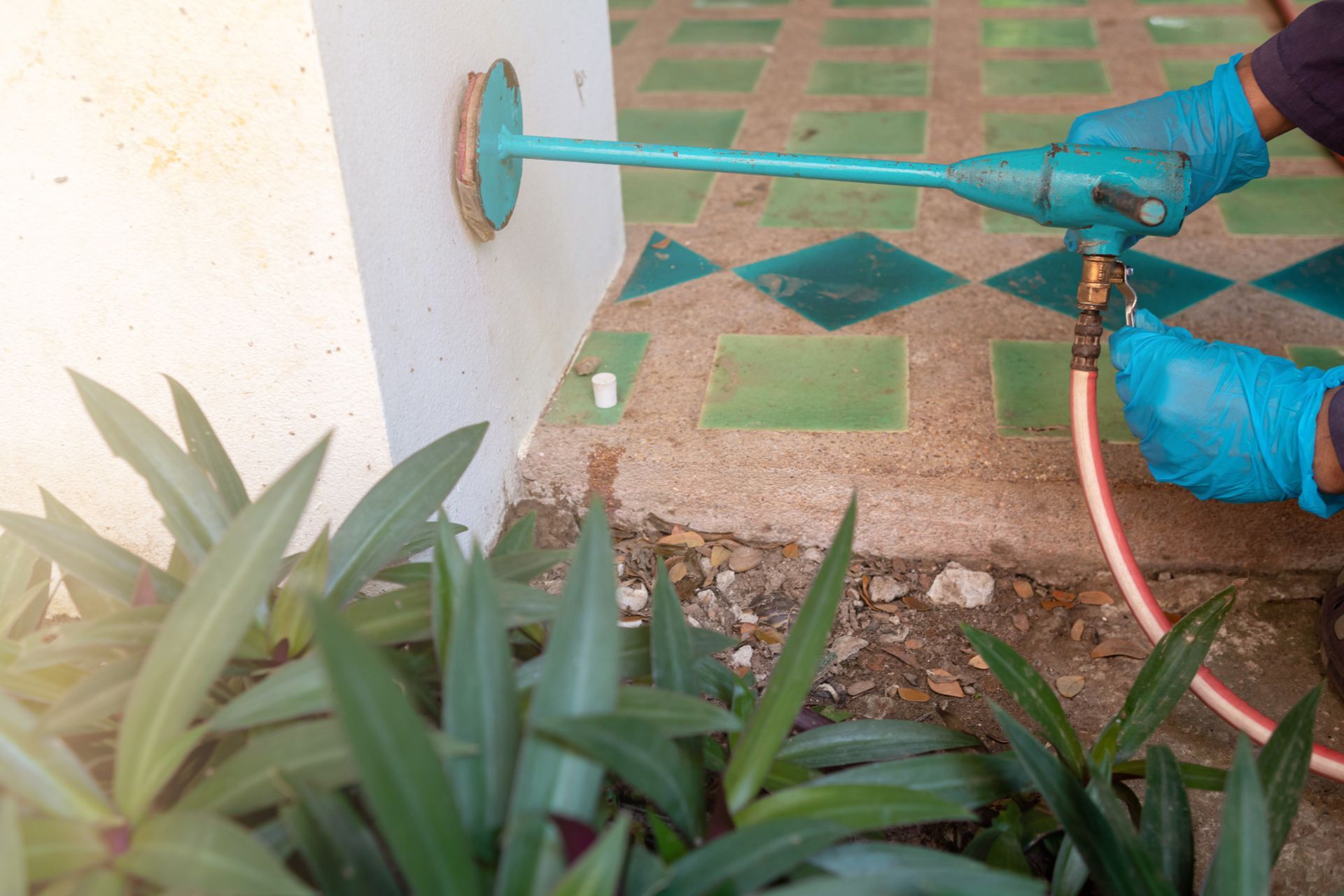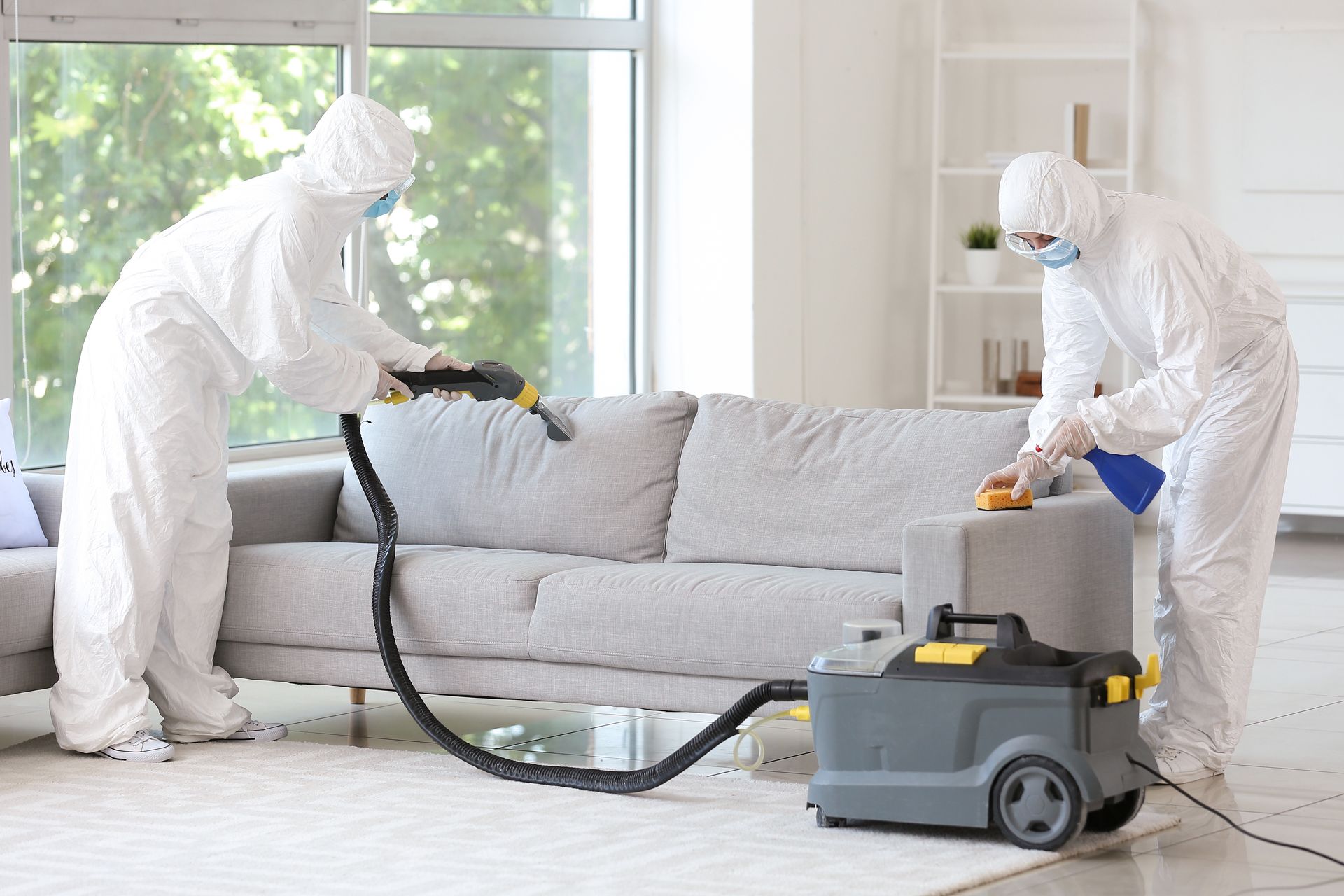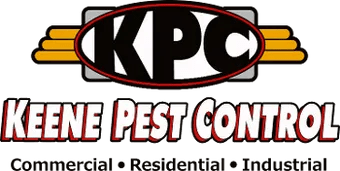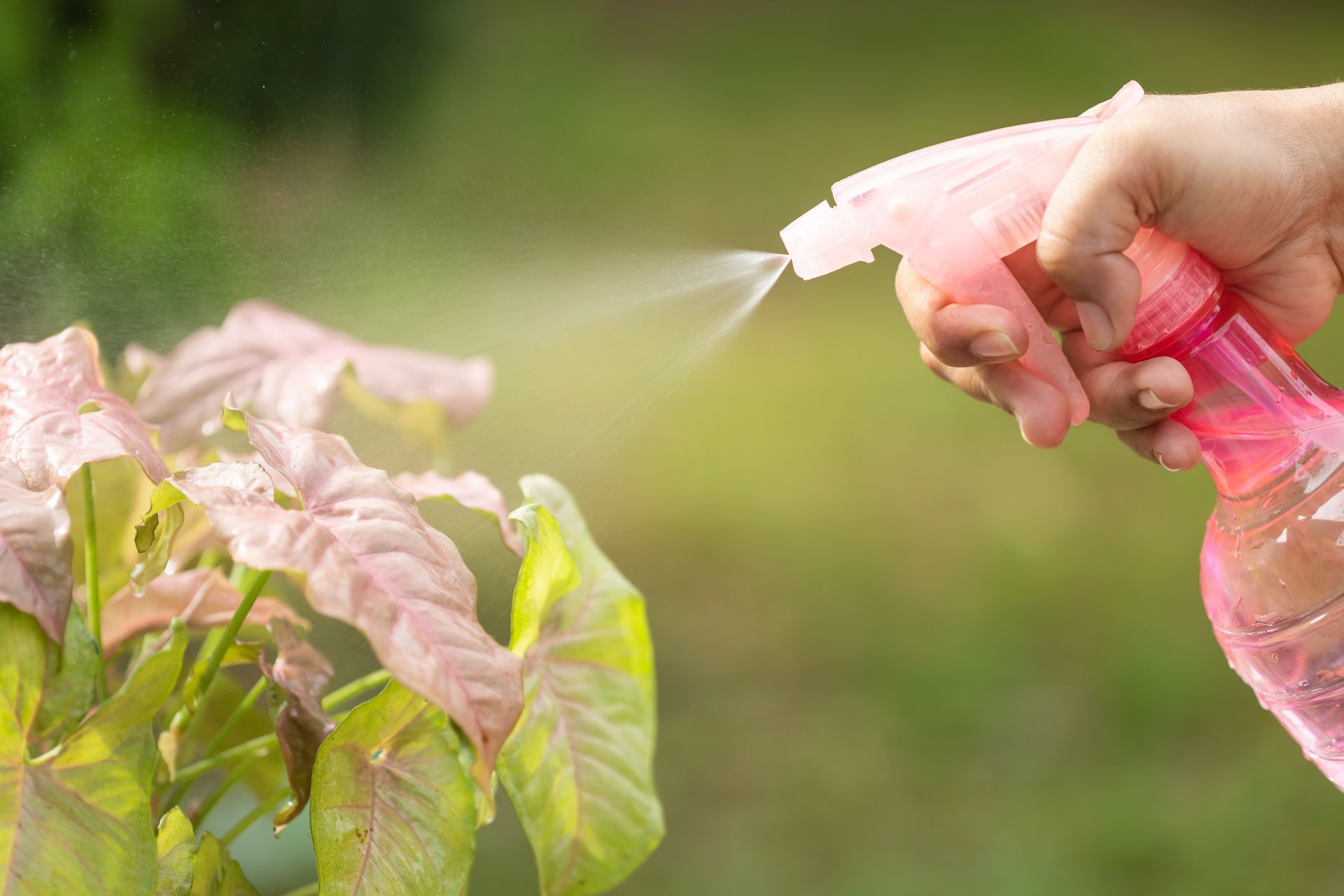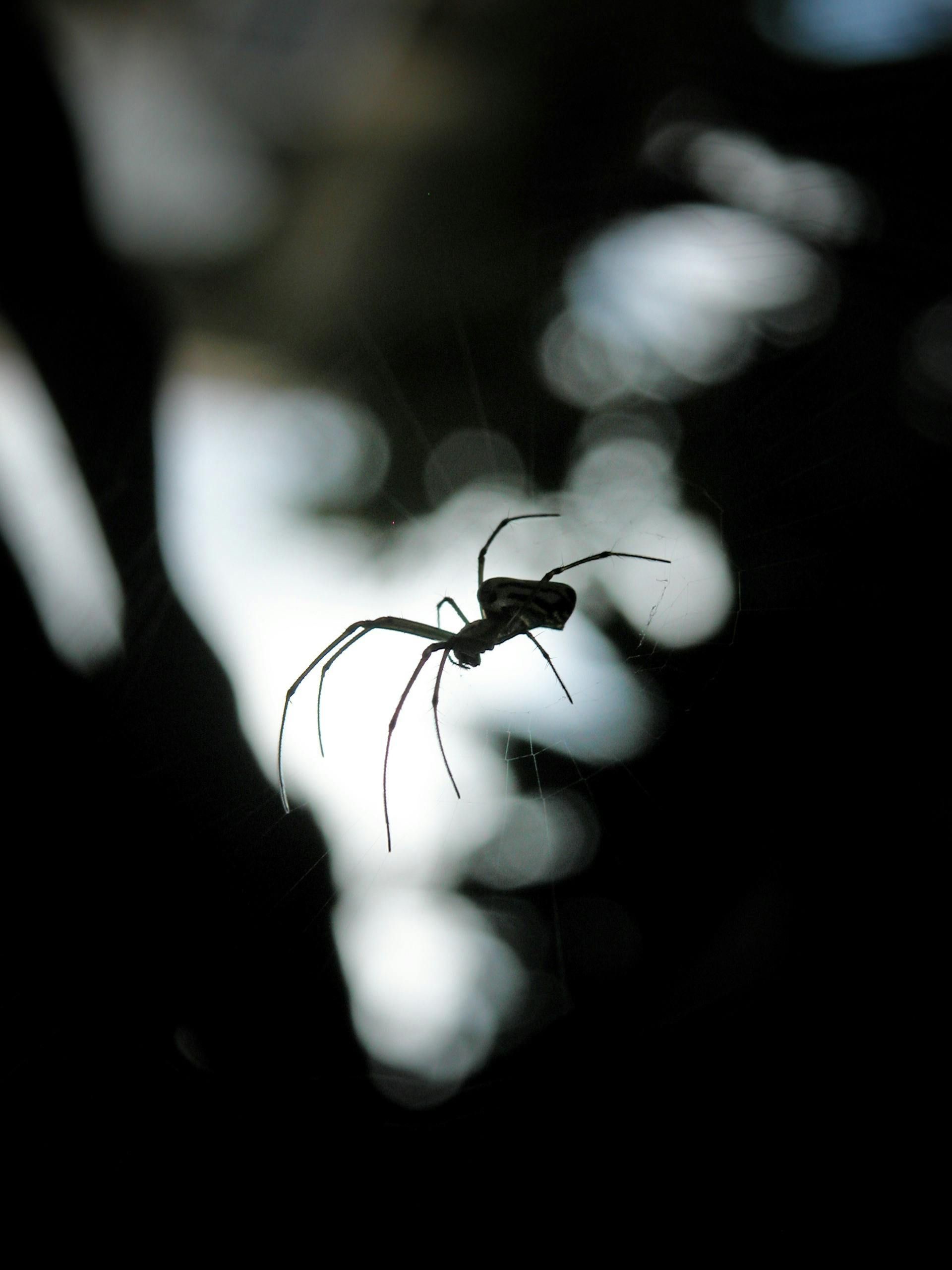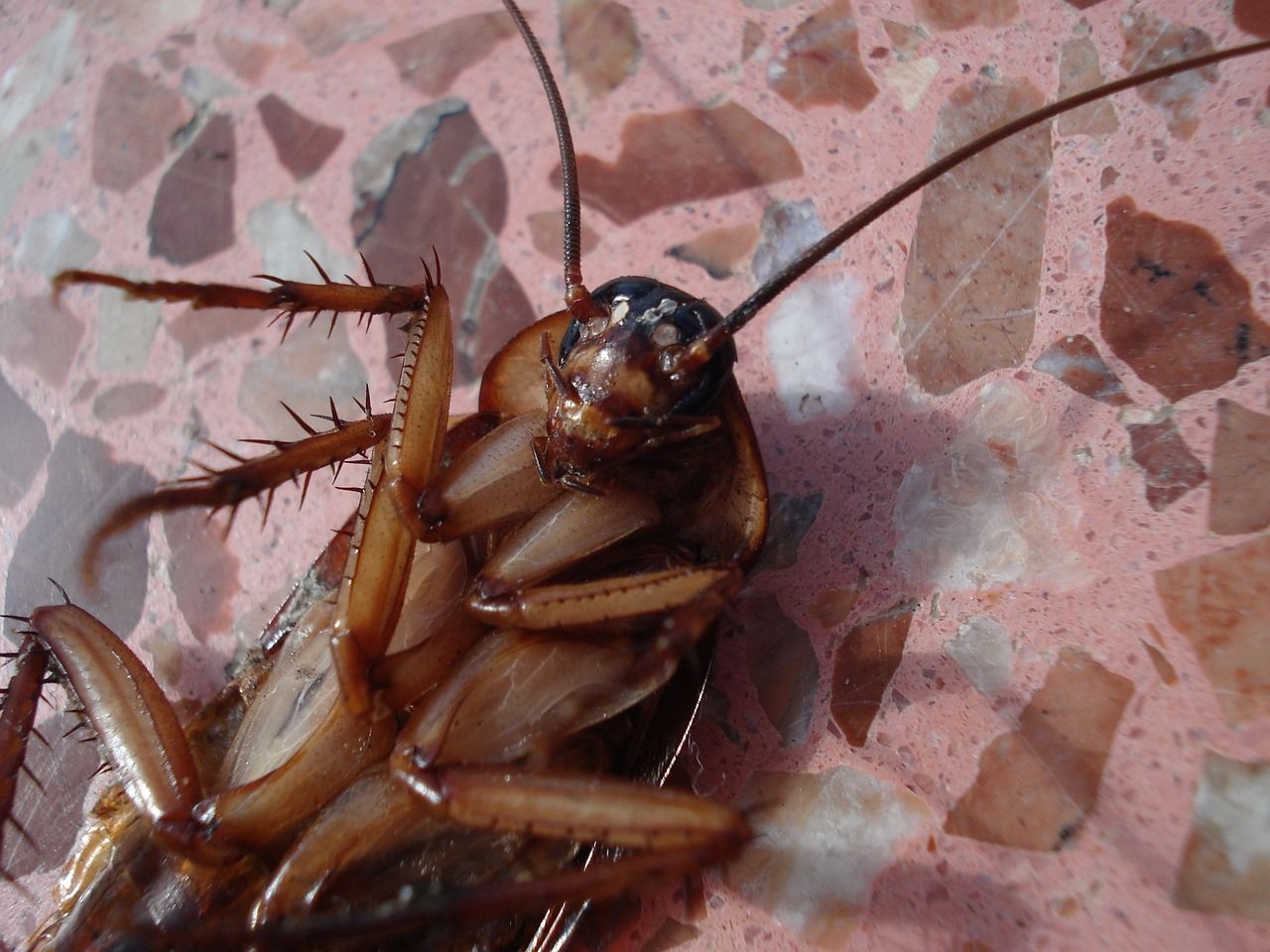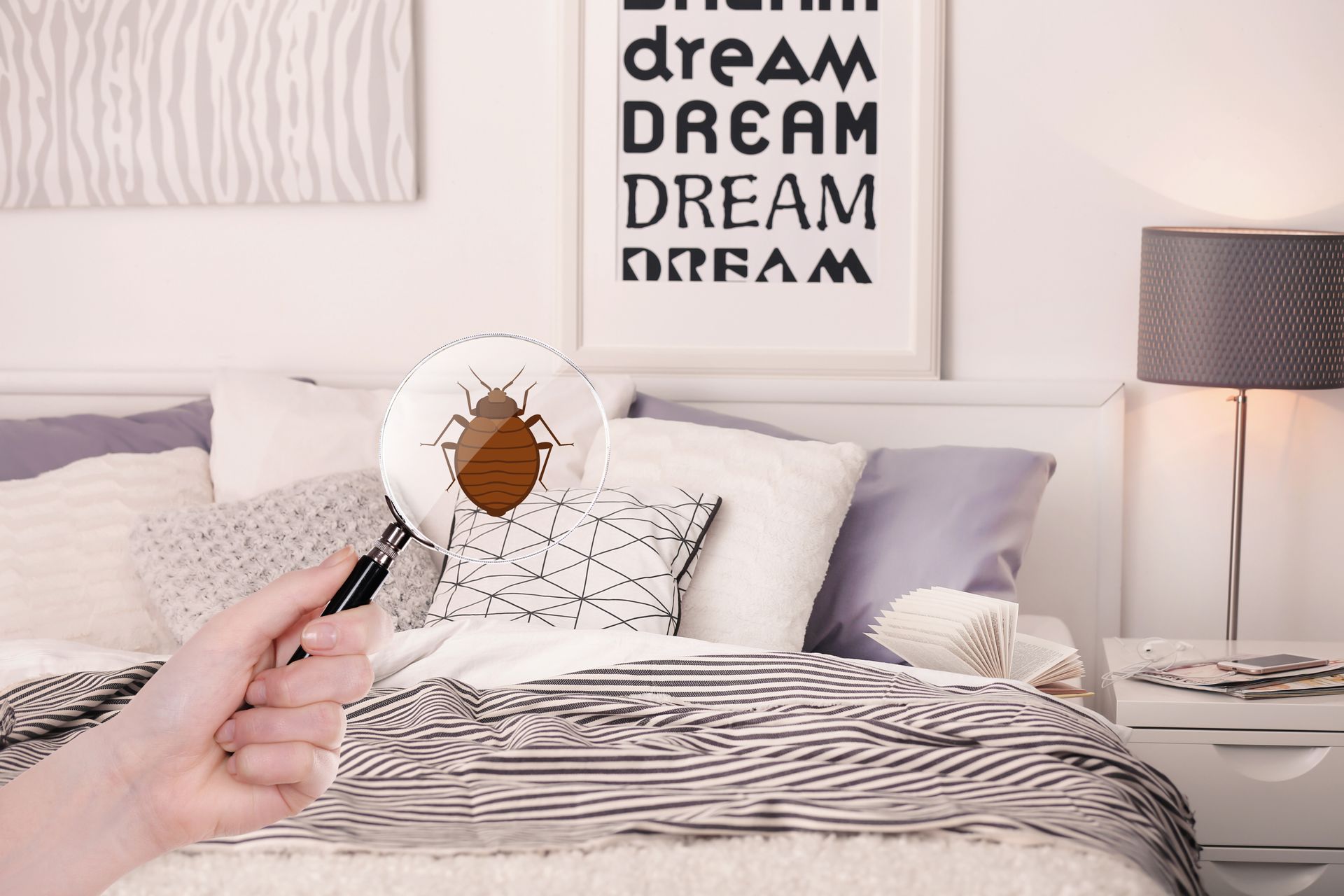Keene Pest Control
Fortifying Your Fortress: 5 Ways to Seal Up Your Home Against Pests
As the seasons change, homes in Drewsville, NH, face a variety of pest invasions. From ants in the summer to mice seeking warmth in the winter, pests can find numerous ways to enter your home. At Keene Pest Control, we believe in proactive measures to keep your living space pest-free. Here are five effective strategies to seal up your home against pests and ensure your fortress remains impenetrable.
1. Seal Gaps and Cracks
One of the most common ways pests enter homes is through small gaps and cracks. These entry points can be found around windows, doors, and the foundation of your house. Insects, rodents, and other pests can squeeze through surprisingly tiny openings.
Steps to Take
- Inspect the Exterior: Walk around your home and carefully examine the exterior walls, foundation, and roofline. Look for any cracks, gaps, or holes that might serve as entry points.
- Use Caulk and Sealant: Fill small cracks and gaps with silicone-based caulk or sealant. These materials are flexible and can expand and contract with temperature changes, ensuring a long-lasting seal.
- Install Weather Stripping: Add or replace weather stripping around doors and windows. This not only prevents pest entry but also improves your home's energy efficiency.
- Repair Screens: Check all window and door screens for tears or holes and repair or replace them as needed. Fine mesh screens are particularly effective at keeping insects out.
2. Maintain Cleanliness and Reduce Clutter
Pests are attracted to food and shelter, and a cluttered, unclean home provides both. Maintaining cleanliness and reducing clutter are essential steps in pest prevention.
Steps to Take
- Regular Cleaning: Keep your home clean by regularly vacuuming, sweeping, and mopping floors. Pay special attention to the kitchen and dining areas where food crumbs and spills are common.
- Proper Food Storage: Store food in airtight containers and keep your pantry organized. Avoid leaving pet food out overnight and clean up any spills immediately.
- Declutter: Reduce clutter in your home, especially in storage areas like basements, attics, and garages. Piles of paper, cardboard, and other materials can provide hiding places for pests.
- Garbage Management: Dispose of garbage regularly and use trash cans with tight-fitting lids. Keep outdoor trash cans away from your home's exterior walls.
3. Control Moisture Levels
Pests, particularly insects, thrive in moist environments. By controlling the moisture levels in and around your home, you can make it less inviting to pests.
Steps to Take
- Fix Leaks: Regularly check for and repair any leaks in your plumbing, roof, and basement. Even small leaks can create damp areas that attract pests.
- Use Dehumidifiers: In particularly damp areas like basements, consider using a dehumidifier to reduce humidity levels. This can help prevent mold growth and deter pests.
- Proper Ventilation: Ensure your home is well-ventilated. Use exhaust fans in bathrooms and kitchens to reduce moisture buildup from cooking and showering.
- Gutter Maintenance: Keep gutters clean and ensure they direct water away from your home's foundation. Standing water near the foundation can attract pests and create entry points.
4. Landscaping and Yard Maintenance
The condition of your yard and the immediate surroundings of your home can significantly impact pest activity. Proper landscaping and yard maintenance can create a barrier against pests.
Steps to Take
- Trim Vegetation: Prune trees, shrubs, and other vegetation to prevent them from touching your home. Overhanging branches and dense foliage provide bridges and hiding spots for pests.
- Remove Debris: Clear away any debris, such as leaves, grass clippings, and wood piles, from around your home. These can serve as nesting sites for pests.
- Mulch Management: Use mulch sparingly and keep it at least a few inches away from your foundation. Mulch retains moisture and provides a habitat for pests.
- Fencing and Barriers: Install physical barriers like fencing to keep larger pests, such as raccoons and squirrels, out of your yard.
5. Professional Pest Control Services
While DIY methods can be effective, sometimes a professional touch is necessary to ensure your home is thoroughly protected. Professional pest control services offer expertise, specialized tools, and treatments that can address current infestations and prevent future ones.
Steps to Take
- Regular Inspections: Schedule regular pest inspections with a trusted pest control company like Keene Pest Control. These inspections can identify potential problems before they become severe.
- Customized Treatment Plans: Professional pest control services can provide customized treatment plans based on the specific needs of your home and the types of pests common in Drewsville, NH.
- Ongoing Maintenance: Regular maintenance visits from pest control professionals can ensure that your home remains pest-free throughout the year.
- Education and Prevention: Pest control experts can offer valuable advice on further steps you can take to prevent pest invasions, such as structural modifications and landscaping tips.
When DIY Isn't Enough: Call in the Keene Pest Control Cavalry
Protecting your home from pests requires a combination of proactive measures and professional assistance. At Keene Pest Control, we are dedicated to helping you maintain a pest-free home in Drewsville, NH. Our experienced team offers comprehensive pest control solutions tailored to your specific needs.
If you're ready to fortify your fortress and keep pests at bay, contact Keene Pest Control today at
(603) 352-7336. Let us help you create a safe, clean, and comfortable living environment for you and your family. We offer
pest prevention,
bed bugs and
termite elimination, and we also offer
commercial pest control services.
FAQs
How often should I have my home inspected for pests?
It's recommended to have your home inspected for pests at least once a year. However, if you've had previous infestations or live in an area prone to specific pests, more frequent inspections may be necessary.
Are the chemicals used in pest control safe for my pets and children?
At Keene Pest Control, we use safe and environmentally friendly products. Our treatments are designed to be effective against pests while posing minimal risk to pets and children. We always advise clients to follow our safety recommendations during and after treatments.
What should I do if I see a pest in my home after a treatment?
It's not uncommon to see some pest activity immediately after treatment as pests are driven out of their hiding places. However, if the problem persists, contact us, and we'll address the issue promptly.
Can I handle pest control on my own?
While DIY pest control methods can be effective for minor issues, professional pest control services provide more comprehensive and long-lasting solutions. Experts can identify and address the root causes of infestations, ensuring better protection for your home.
What types of pests are common in Drewsville, NH?
Common pests in Drewsville, NH, include ants, mice, spiders, termites, and various stinging insects. Each season can bring different pest challenges, making year-round pest control measures essential.
